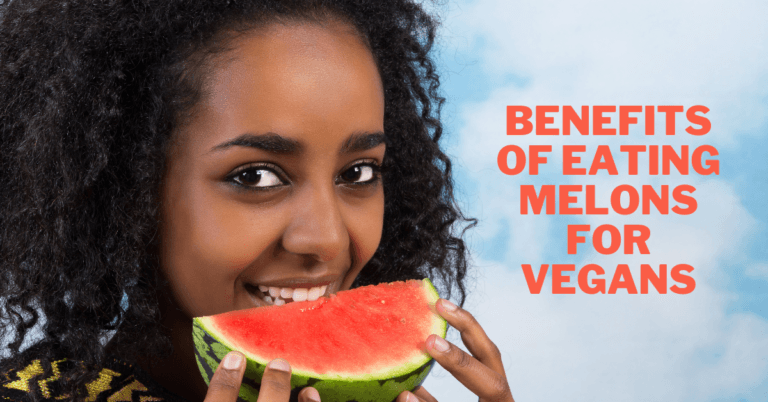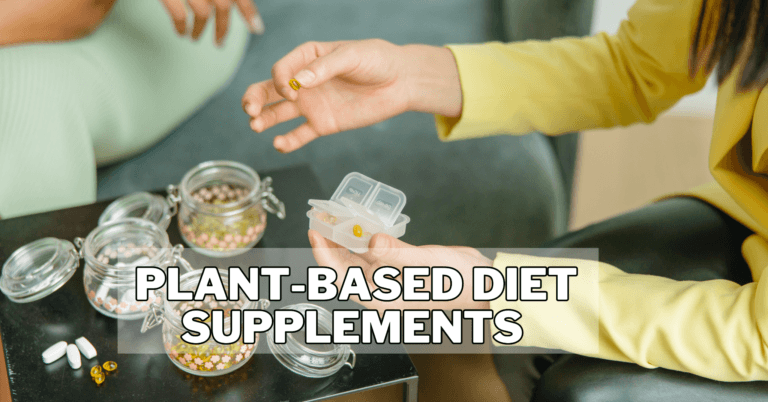Vegan Diet B12 Deficiency
Vegan Diet B12 Deficiency – What You Need To Know
Navigating the nutritional landscape of a vegan diet entails addressing potential deficiencies, with vitamin B12 deficiency occupying a prominent position.
As a crucial nutrient primarily sourced from animal products, vegans face a heightened risk of B12 inadequacy.
The significance of understanding and taking preventative action is highlighted because this shortage might result in major health consequences.
In this exploration, we illuminate the nuances of Vegan Diet Vitamin B12 Deficiency, shedding light on risk factors, symptoms, prevention strategies, and management approaches.
Such insights empower vegans and healthcare practitioners to navigate the intricacies of plant-based nutrition effectively, ensuring optimal health outcomes.
Symptoms Of Vitamin B12 Deficiency
Vitamin B12 Deficiency can manifest with various symptoms, ranging from mild to severe, and affecting multiple systems in the body. Here's an elaboration on the symptoms associated with low B12 levels:

1. Fatigue And Weakness
Persistent weakness and exhaustion are early indicators of B12 deficiency in a vegan diet.
Vitamin B12 is essential for red blood cell production. Red blood cells carry oxygen throughout the body, fueling our cells' energy production.
When B12 is low, the body struggles to make enough healthy red blood cells, leading to anemia. Anemia significantly reduces the amount of oxygen delivered to tissues.
This oxygen deficiency starves your cells of energy, causing you to feel tired and weak even with minimal exertion.
Simple tasks can feel overwhelming, and everyday activities become a struggle. This fatigue is not simply tiredness from a long day; it's a deep-seated exhaustion that persists despite adequate rest.
2. Pale Or Jaundiced Skin
The hallmark paleness of B12 Deficiency anemia stems from a lack of red blood cells. Normally, red blood cells are rich in iron, giving blood its red hue.
When B12 deficiency hinders red blood cell production, less hemoglobin circulates. This decrease in hemoglobin reduces the blood's ability to carry oxygen, causing the skin to appear pale or even whiteish.
Sometimes, jaundice (yellowing of the skin and eyes) can occur. This happens because red blood cell breakdown naturally produces yellow waste bilirubin.

3. Shortness Of Breath And Dizziness
As Vegan Diet Vitamin B12 Deficiencies progress and anemia worsen, the body desperately tries to deliver enough oxygen to vital organs and tissues.
This oxygen starvation leads to shortness of breath, especially during physical activity when the body's demand for oxygen surges.
Even climbing stairs or walking briskly can leave you feeling winded. Additionally, dizziness, particularly upon standing up quickly, is another common symptom.
This occurs because posture changes can cause a temporary dip in blood pressure. With a low red blood cell count, the body struggles to compensate for this pressure drop effectively.
This can lead to dizziness or lightheadedness, as the brain momentarily receives less oxygen-rich blood.
4. Tingling Or Numbness
Vitamin B12 is essential for nerve health. Low amounts of B12 can damage the nerves, resulting in peripheral neuropathy.
The hands and feet, the furthest extremities from the central nervous system, are frequently the first to experience tingling or numbness due to this neuropathy.
The experience may be as intense as “pins and needles” piercing the skin, as persistent as a buzzing, or as total as losing all feeling.
Burning pain may also be felt occasionally.B12 deficiency can cause nerve damage that can increase and eventually become permanent if treatment is not received.
Early diagnosis and treatment are essential to avoid Vegan Diet B12 Deficiency and maintain good nerve function and general well-being.
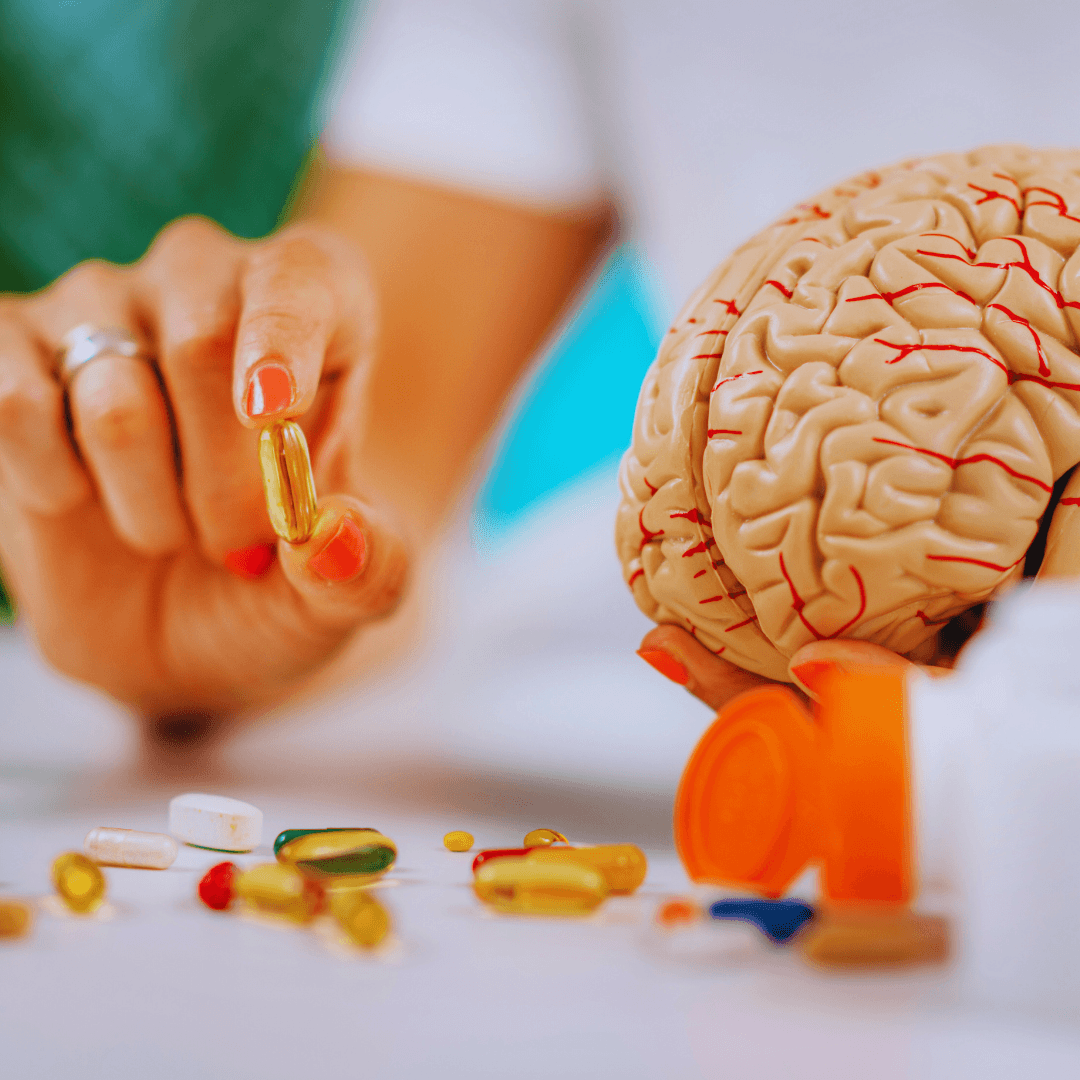
5. Cognitive Impairment
Vitamin B12 is critical for maintaining a healthy nervous system and optimal brain function. When B12 levels are low, these processes are disrupted, leading to a spectrum of cognitive problems.
Early signs of vegan diet B12 deficiency might be subtle and easily dismissed as stress or age-related changes, such as forgetfulness, difficulty concentrating, and mild confusion.
However, as the deficiency worsens, symptoms can become more pronounced, progressing to memory loss, disorientation, and difficulty with reasoning and judgment.
In severe cases, B12 deficiency can even mimic dementia, significantly impacting memory, thinking skills, and overall cognitive function.
Early diagnosis and treatment are crucial to prevent permanent cognitive decline and ensure a healthy, functioning brain.
6. Balance And Coordination Issues
Vegan Diet B12 Deficiency can have significant implications for nerve health, affecting sensory perception and motor function.
When the body lacks an adequate supply of vitamin B12, it can disrupt the transmission of signals between the brain and muscles.
As a result, individuals may encounter difficulties with walking, clumsiness, or a pervasive feeling of instability, as if their footing is uncertain. In more severe cases, the consequences of B12 deficiency can escalate, leading to pronounced muscle weakness.
Individuals may have physical limitations and a heightened vulnerability to accidents and injuries.
However, by addressing the deficiency promptly, it becomes possible to safeguard nerve health and facilitate coordinated movement.
7. Glossitis And Mouth Ulcers
Vitamin B12 is essential for tongue health. Glossitis, a tongue inflammation, is a common symptom of vegan diet B12 deficiency.
This inflammation can cause the tongue to appear red, swollen, and smooth due to a loss of the tiny bumps on its surface called papillae.
Sometimes, mouth ulcers or a burning sensation can also accompany glossitis. The exact reason for these ulcers is unclear, but they may be linked to B12's role in cell health and regeneration in the mouth.
Early diagnosis and treatment of B12 deficiency can help heal glossitis and mouth ulcers, restore a healthy tongue, and alleviate discomfort.
8. Digestive Issues
Short-term symptoms like diarrhea, constipation, or appetite loss are not the only ways a vegan dietary shortage in vitamin B12 affects digestion.
Prolonged deficiency can lead to even more serious complications, such as malabsorption syndromes, where the body struggles to absorb essential nutrients from food.
This can have a ripple effect on overall health and well-being. B12 levels, gut health, and immune function are intricately linked.
An optimal gut microbiome supports a robust immune system. B12 deficiency can disrupt this balance, potentially increasing susceptibility to infections.
Early detection through regular screenings and incorporating B12-rich foods or supplements can prevent this domino effect, promoting not just digestive well-being but overall health and vitality.

9. Vision Changes (Rare)
B12 Deficiency can have serious implications for vision changes. The optic nerve, a critical channel that transmits visual information from the eye to the brain, can sustain damage in especially severe and ignored cases of B12 deficiency.
Numerous visual issues result from this injury, disturbing the sensitive nerve fibres of the optic nerve. One typical symptom that makes it hard to notice details is blurred vision.
Double vision can also occur due to disrupted nerve signalling. If B12 deficiency remains untreated for a long time, vision loss can happen.
Early diagnosis and treatment of Vegan Diet B12 Deficiency are crucial to prevent permanent vision damage. With prompt intervention, these vision problems often show significant improvement.
B12 Foods For Vegans
Some plant-based foods are fortified with B12 Foods for Vegans to reduce the B12 deficiency in the vegan diet. Here are some examples, along with the approximate amounts of B12 they provide:
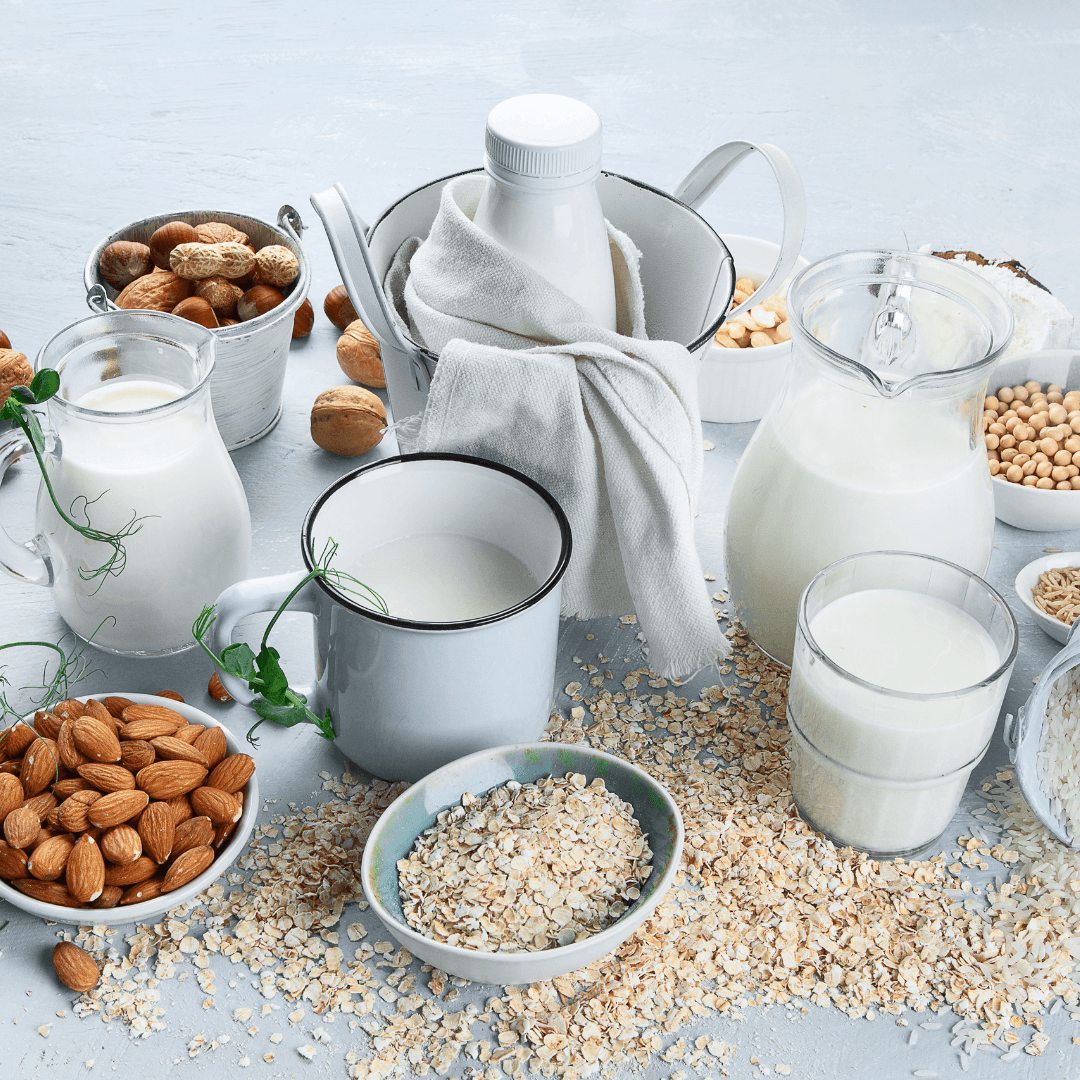
1. Fortified Plant Milk
Different plant-based milk varieties like soy, almond, and oat milk are frequently fortified with vitamin B12, providing varying concentrations ranging from 0.5 to 3 micrograms per cup, depending on the brand and formulation.
This strategic fortification addresses a significant concern for vegans, as B12 is essential for their overall health.
By including these enhanced dairy-free options, vegans can guarantee they satisfy their B12 requirements, lower their risk of deficiencies, and strengthen their dedication to a plant-based lifestyle that prioritizes sustainability and health.
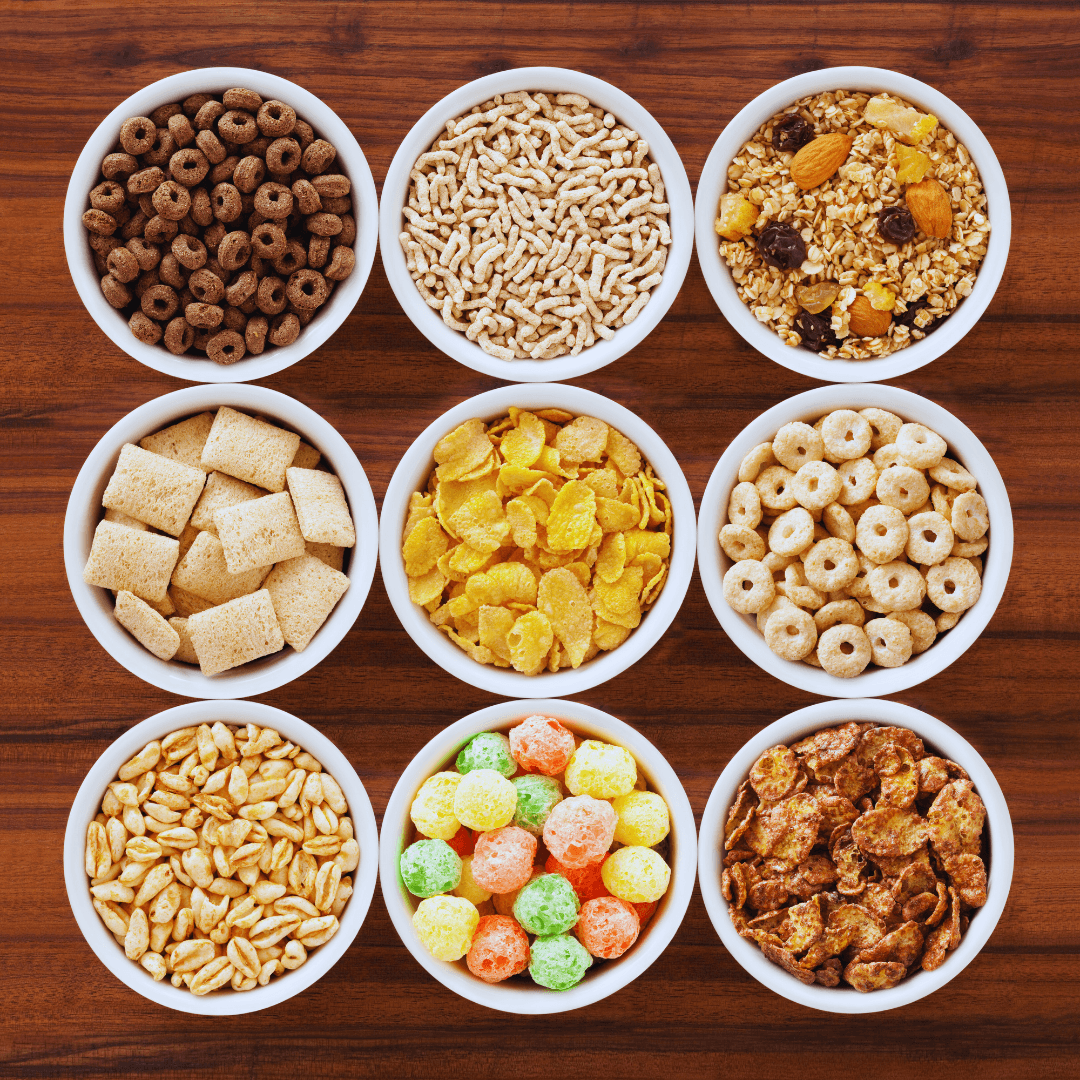
2. Fortified Breakfast Cereal
Some B12 Foods for Vegans, like breakfast cereals, undergo fortification with vitamin B12, offering a convenient source of this essential nutrient.
Depending on the brand and type, these fortified cereals typically contain approximately 1.5 to 6 micrograms of B12 per serving.
This fortification strategy is particularly beneficial for individuals following plant-based diets, ensuring they can easily incorporate B12 into their breakfast routine.
By selecting fortified cereals, vegans can effectively meet their B12 requirements and maintain optimal health while enjoying a convenient and nutritious morning meal.
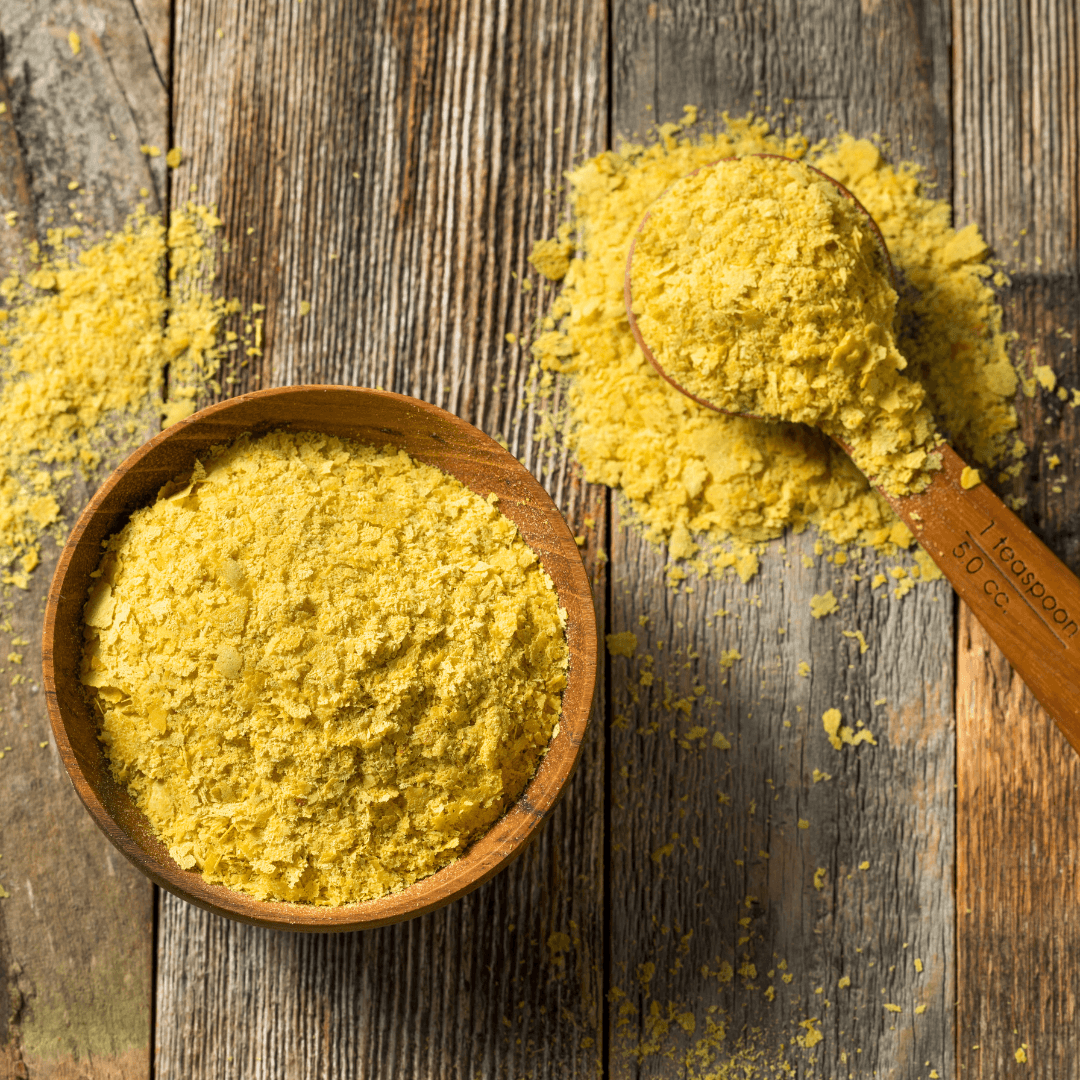
3. Nutritional Yeast
Nutritional yeast, a staple in vegan cuisine and a favoured cheese alternative, naturally contains vitamin B12.
Some products provide an even richer source of this vital ingredient by fortifying it with extra B12 to address vegan diet B12 deficiency.
Typically, nutritional yeast provides approximately 0.5 to 4 micrograms of B12 per tablespoon.
This versatile ingredient enhances the dishes' flavour and is a valuable dietary supplement for vegans. It ensures they meet their B12 requirements while enjoying various flavourful meals.
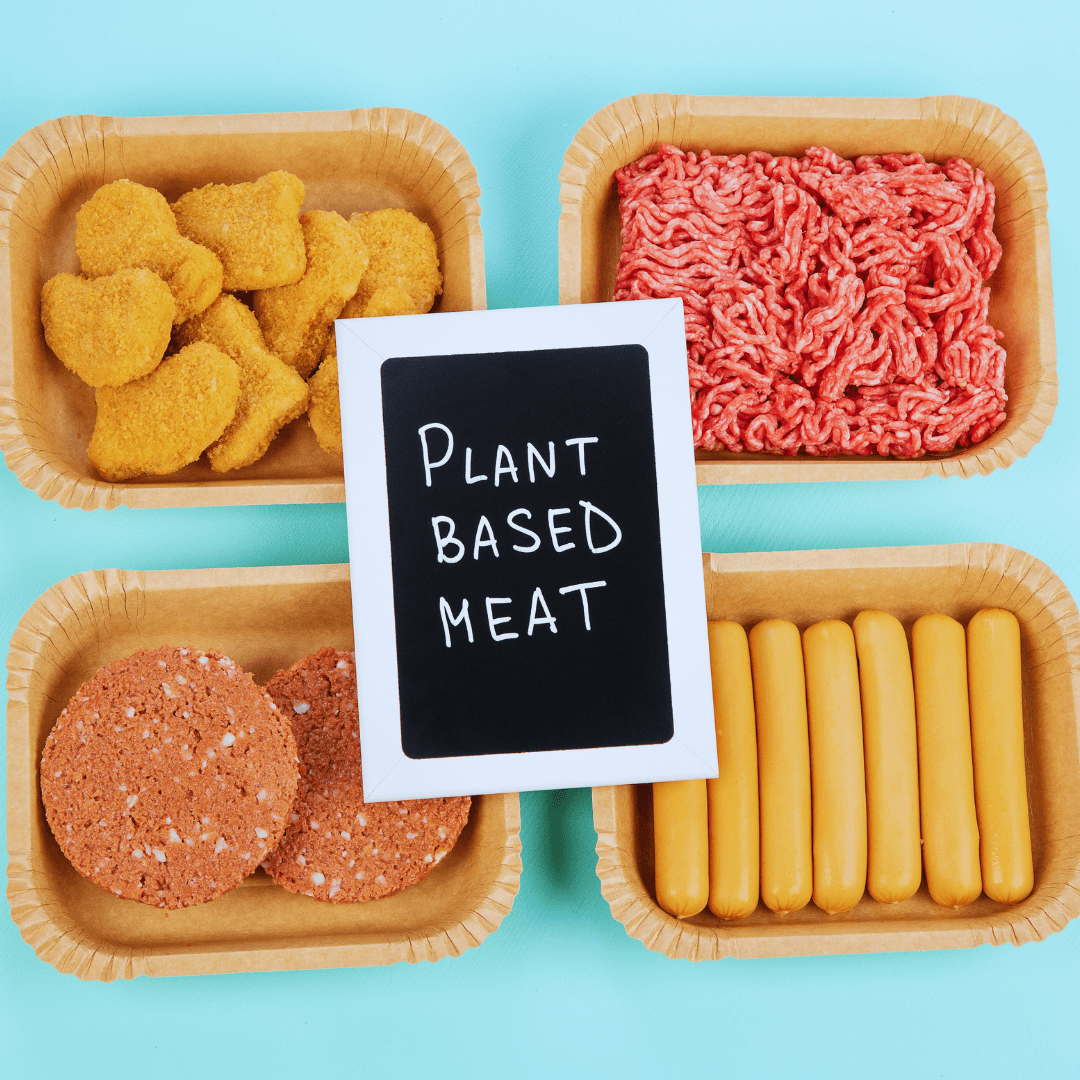
4. Fortified Meat Alternatives
Certain meat alternatives, including veggie burgers, tofu, and tempeh, sometimes undergo fortification with vitamin B12 to enhance their nutritional profile.
The quantity of B12 added can differ significantly based on the specific product and brand. This fortification offers an additional avenue for vegans, particularly those who prefer plant-based protein sources.
By selecting fortified meat alternatives, vegans can ensure they obtain adequate levels of B12 while enjoying diverse and satisfying meal options that align with their dietary preferences and values.
5. Fortified Plant-Based Yogurt
Some plant-based yogurts are enriched with vitamin B12 to enhance their nutritional value. Typically, these fortified options provide approximately 0.5 to 3 micrograms of B12 per serving.
The exact amount may vary depending on the brand and specific formulation; for vegans seeking to maintain optimal B12 levels, incorporating fortified plant-based yogurts into their diet can be a convenient and tasty way to meet their nutritional needs.
These fortified yogurts offer a creamy, satisfying, dairy-free alternative and contribute to the plant-based diet.
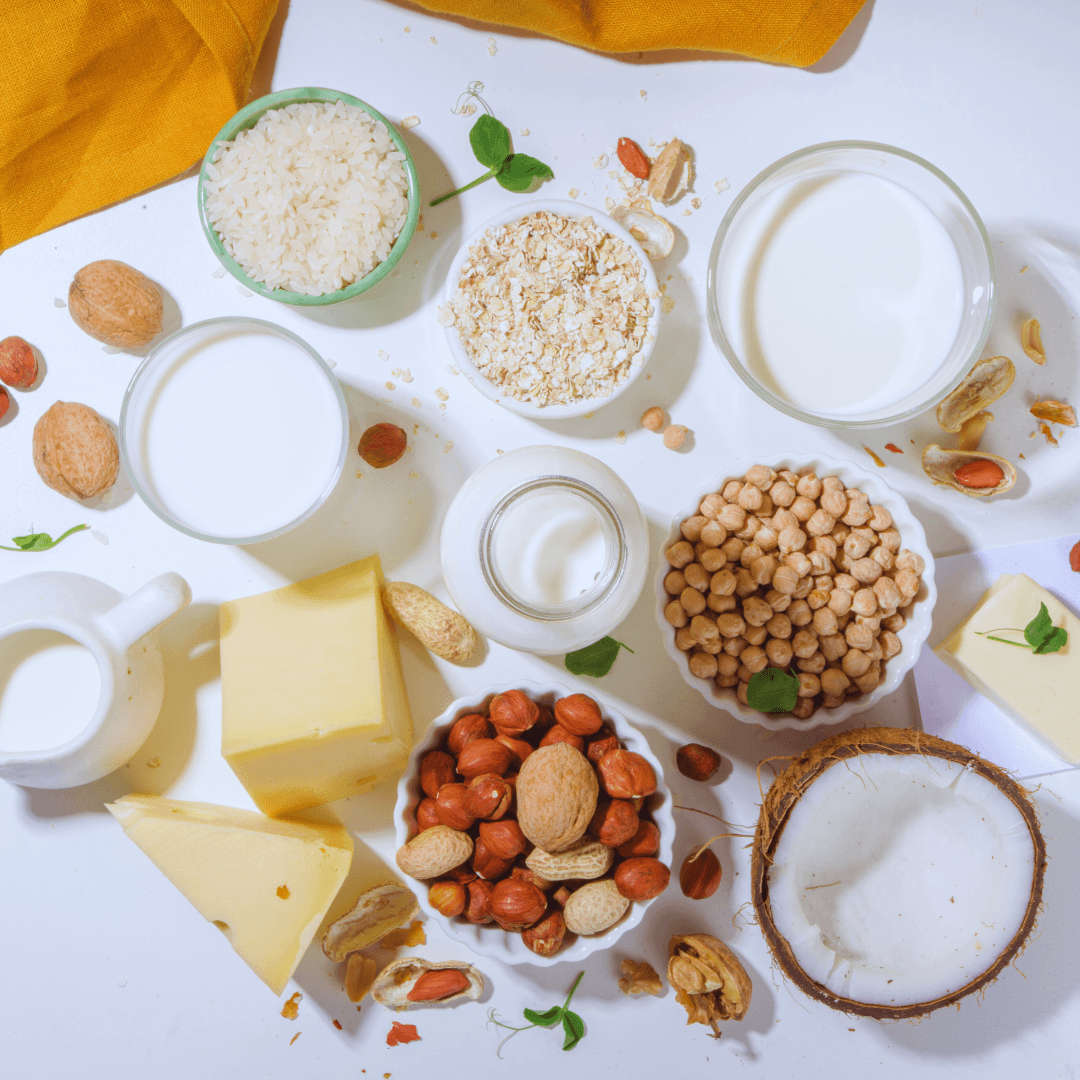
6. Fortified Plant-Based Cheese
Some plant-based cheeses are fortified with vitamin B12 to increase their nutritional value and prevent B12 Deficiency on the Vegan Diet.
The quantity of B12 added can vary significantly depending on the brand and type of cheese.
This fortification offers an additional avenue for vegans to ensure they meet their B12 requirements while enjoying cheese alternatives that align with their dietary preferences.
By selecting fortified plant-based cheeses, individuals can benefit from a wider range of options while maintaining optimal nutrient intake on a vegan diet.
7. Fortified Plant-Based Spreads
Some margarine or butter substitutes used as B12 Foods for Vegans undergo fortification with vitamin B12, enriching their nutritional profile.
These fortified alternatives provide approximately 0.5 to 1.5 micrograms of B12 per serving. The precise amount may differ depending on the brand and formulation.
Vegans can easily meet their nutritional needs by including fortified butter or margarine replacements to ensure appropriate B12 consumption. These fortified options offer a flavourful and versatile choice for vegans.
8. Fortified Plant-Based Beverages
In addition to plant milk, various other beverages, such as fruit juices or sports drinks, may undergo fortification with vitamin B12, although the levels can fluctuate.
While the amount of B12 added can vary widely, fortified fruit juices and sports drinks offer an alternative source of this essential nutrient for individuals following a vegan diet.
Incorporating these fortified beverages into their daily routine can help vegans meet their B12 requirements while enjoying a refreshing way to support their nutritional needs.

9. Fortified Plant-Based Desserts
Certain desserts, including puddings or ice creams crafted from plant-based ingredients, may undergo fortification with vitamin B12.
The quantity of B12 added can vary depending on the product and brand. While some fortified plant-based desserts may offer higher amounts of B12, others may contain lower levels.
For vegans seeking to ensure adequate B12 intake, incorporating these fortified desserts into their diet can be a delicious and indulgent way to meet their nutritional needs while enjoying sweet treats that align with their dietary preferences.
10. Fortified Plant-Based Snacks
Various snack foods, such as energy bars, granola bars, or savoury snacks, might undergo fortification with vitamin B12.
The B12 content in these fortified snacks can fluctuate depending on the brand and ingredients utilized.
This fortification provides an additional option for vegans to incorporate B12 into their diets, though the levels may differ between products.
Individuals can enjoy convenient and tasty treats by opting for fortified snack foods while ensuring they meet their B12 requirements and support their vegan lifestyle.
Vitamin B12 Health Benefits
Vitamin B12 health benefits are crucial for various bodily functions. Some key benefits include:
1. Red Blood Cell Formation
Vitamin B12 is indispensable for synthesizing red blood cells and transporting oxygen throughout the body.
Maintaining adequate B12 levels prevents anemia and ensures oxygenation. Insufficient B12 reduces red blood cell production, leading to fatigue, weakness, and anemia symptoms.
By supporting red blood cell formation, B12 sustains energy levels and overall vitality, facilitating healthy oxygen delivery to tissues and organs.
Ensuring sufficient B12 intake is essential for combating anemia and promoting overall well-being.
2. Nerve Function
Vitamin B12 health benefits include contributing to the nervous system by aiding in the production of myelin, a protective sheath surrounding nerves.
This role is crucial for maintaining nerve cell integrity and facilitating efficient nerve signal transmission. B12 promotes healthy cognitive function and helps prevent neurological disorders by supporting these functions.
Adequate B12 levels are essential for sustaining optimal nervous system function, ensuring mental clarity, and protecting against neuropathy and cognitive decline.
3. DNA Synthesis
Vitamin B12 is essential for any cell to create genetic material, a process known as DNA synthesis.
This involvement is essential for supporting cell division and growth, crucial components of overall cellular health and regeneration.
By aiding in DNA synthesis, B12 contributes to maintaining healthy tissues and organs, facilitating the body's ability to repair and regenerate cells as needed.
Ensuring sufficient B12 levels is vital for promoting optimal cellular function and supporting overall health and vitality.
4. Energy Production
Vitamin B12 must properly metabolize carbohydrates, lipids, and proteins for the body to use as fuel.
Maintaining energy and endurance throughout the day requires this metabolic process. Adequate B12 levels aid in the fight against fatigue by guaranteeing effective energy generation and fostering general vigour and endurance.
B12, which supports the metabolism of macronutrients, greatly aids in maintaining adequate energy levels and sustaining both physical and mental function.
Therefore, keeping your B12 levels up for general health and counteracting weariness is critical.
5. Heart Health
Together with other B vitamins, especially folate, vitamin B12 controls the blood levels of homocysteine.
Elevated homocysteine levels are associated with an increased risk of heart issues. B12 helps control these levels, which in turn promotes cardiac health.
B12 reduces the risk of cardiovascular issues by enhancing homocysteine metabolism and promoting its synergistic effects with folate and other B vitamins.
It is critical to maintain enough B12 levels for heart health and to reduce the risk of cardiovascular problems associated with elevated homocysteine levels.
6. Mood Regulation
Vitamin B12 is pivotal in synthesizing neurotransmitters like serotonin and dopamine, which are crucial for mood regulation.
Adequate B12 levels may aid in preventing mood disorders such as depression and anxiety by supporting the production of these neurotransmitters.
Serotonin and dopamine are key in regulating mood, emotions, and overall mental well-being.
Therefore, maintaining sufficient B12 levels is essential for promoting optimal neurotransmitter function and supporting mental health.
Incorporating B12-rich foods or supplements into the diet can contribute to mood stability and overall emotional wellness.
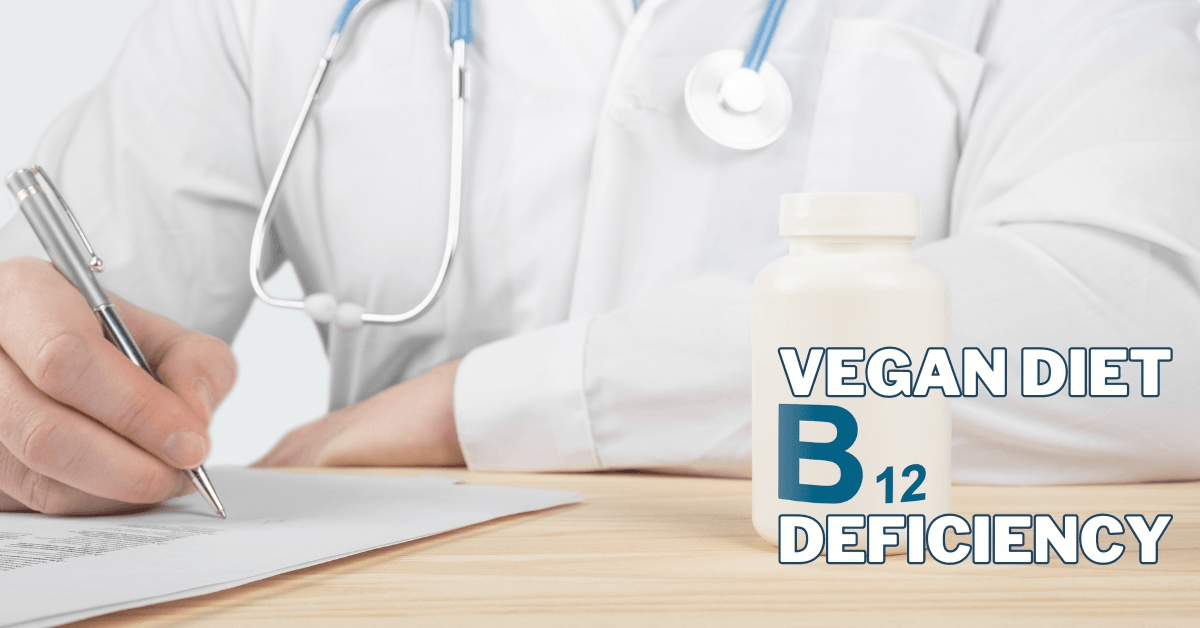
Conclusion
In conclusion, navigating the nutritional complexities of a vegan diet demands careful attention to potential deficiencies, with Vegan Diet B12 Deficiency standing out as a significant concern.
Given its pivotal role in various bodily functions and its predominantly animal-derived sources, vegans are at increased risk of B12 inadequacy.
This deficiency can lead to serious health ramifications. By shedding light on the intricacies of B12 deficiency within the context of a vegan lifestyle, this exploration equips vegans and healthcare practitioners with the knowledge needed to address, prevent, and manage B12 deficiencies effectively.
I trust you enjoyed this article about the Vegan Diet B12 Deficiency: What You Need To Know. Please stay tuned for more blog posts soon. Take care!
JeannetteZ
>>>Please click here to read my Vegan Travel Guides To World Destinations<<<
>>>Want To Learn How To Create Delicious, Cruelty-Free, Healthy AND 100% Vegan Meals? Try These Awesome Vegan Cooking Courses With A Free 7-DAY MEMBERSHIP<<<
Your Opinion Is Important To Me
Do you have thoughts, ideas, or questions? I would love to hear from you. Please leave me your questions, experiences, and remarks about the Vegan Diet B12 Deficiency: What You Need To Know article in the comments section below. You can also email me at Jeannette@LivingTheVeganLifestyle.org.
Disclosure
This post may contain affiliate links. I earn from qualifying purchases as an Amazon Associate and other affiliate programs. Please read my full disclosure.
Here are links to some of my favourite articles:
What Is A Lacto Ovo Vegetarian Diet
Vegetarians And Vitamin B12 Deficiency
Vegan Diet And Vitamin B12 Deficiency
Unlocking The Power Of Vegan Vitamin A



